The Batswana, a term also used to denote all citizens of Botswana, refers to the country's major ethnic group. Prior to European contact, the Batswana lived as herders and farmers under tribal rule.

Mafikeng, officially known as Mahikeng and previously Mafeking, is the capital city of the North West province of South Africa.

Khama III (1837?–1923), referred to by missionaries as Khama the Good also called Khama the Great, was the Kgosi of the Bangwato people.
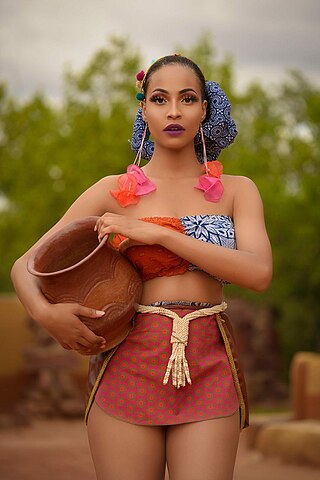
The Tswana are a Bantu-speaking ethnic group native to Southern Africa. The Tswana language is a principal member of the Sotho-Language group. Ethnic Tswana made up approximately 85% of the population of Botswana in 2011.

Sir Seretse Goitsebeng Maphiri Khama, GCB, KBE was a Motswana politician who served as the first President of Botswana, a post he held from 1966 to his death in 1980.

The Bechuanaland Protectorate was a protectorate established on 31 March 1885, by the United Kingdom of Great Britain and Ireland in Southern Africa. It became the Republic of Botswana on 30 September 1966.
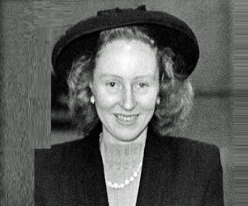
Ruth Williams Khama, Lady Khama was the wife of Botswana's first president Sir Seretse Khama, the Paramount Chief of its Bamangwato tribe. She served as the inaugural First Lady of Botswana from 1966 to 1980.
Shoshong is a town in Botswana, formerly the chief settlement of the eastern Bamangwato.
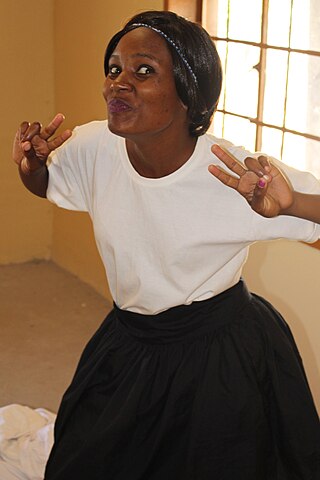
The Kalanga or Bakalanga are a southern Bantu ethnic group mainly inhabiting Matebeleland in Zimbabwe, northeastern Botswana and Limpopo Province in South Africa. They are historically related to the Nambya, Karanga, Bapedi and Venda.
John Madawo Nswazwi (1868-1960) was a chief of the BaKalanga Baka-Nswazwi. He was born in Nswazwi in then Bechuanaland in 1875. He ruled from 1910 to 1960 having succeeded his father, Kuswani Nswazwi. He was exiled to Mafikeng in 1947 by the colonial government as a result of a conflict with the Bangwato regent Tshekedi Khama. After he was released In 1948, Chief Nswazwi went on exile to Rhodesia which later changed its name to Zimbabwe. He died on May 14, 1960. He was interred in Jetjeni but his remains were later transferred to Nswazwi village in 2002.

Tshekedi Khama was the regent-king of the Bamangwato tribe in 1926 after the death of Sekgoma II.
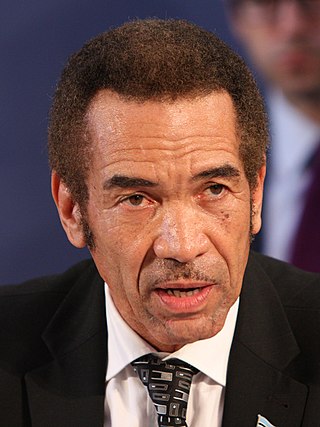
Seretse Khama Ian Khama is a Botswana politician and former military officer who was the fourth President of the Republic of Botswana from 1 April 2008 to 1 April 2018. After serving as Commander of the Botswana Defence Force, he entered politics and was Vice-President of Botswana from 1998 to 2008, then succeeded Festus Mogae as President on 1 April 2008. He won a full term in the 2009 election and was re-elected in October 2014.
Leetile Disang Raditladi (1910–1971) was a Motswana playwright and poet. He was born in Serowe and got his education in Tiger Kloof, Lovedale and Fort Hare University. A prolific author, he had his first book, a biography of Khama III, accepted for publication while still in high school at Lovedale. This book was later quashed by the Bechuanaland Protectorate authorities and was not published.
Margaret Nnananyana Nasha is a Botswana politician who served as the Speaker of the National Assembly from 2009 to 2014. She was the first woman to hold the position.

Mthwakazi is the traditional name of the proto-Ndebele people and Ndebele kingdom and is in the area of today's Zimbabwe. Mthwakazi is widely used to refer to inhabitants of Matebeleland Province in Zimbabwe.
Gladys Kokorwe is a Botswana politician who was the Speaker of the National Assembly from 2014 to 2019. She is a member of the Botswana Democratic Party (BDP).

A United Kingdom is a 2016 biographical romantic drama film directed by Amma Asante and written by Guy Hibbert, based on the true-life romance of Seretse Khama, heir to the throne of the Bangwato Tribe in Serowe – one of many tribes found in then Bechuanaland Protectorate –, with his wife Ruth Williams Khama. David Oyelowo and Rosamund Pike portray Seretse and Ruth, respectively.
The history of the Cinema of Botswana comprises film-making in the Southern African country of Botswana, both before and after Botswana's independence. The cinema of Botswana is one of a number of African national cinemas that also includes the national cinemas of Benin, Egypt, Kenya, Nigeria and South Africa, among others.
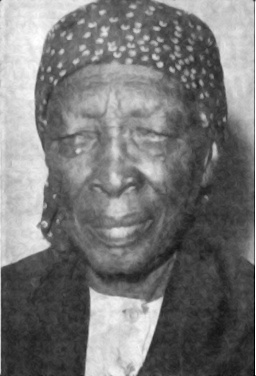
Ntebogang Ratshosa (1882–1979) was motshwareledi (regent) of the BaNgwaketse, one of the eight ethnic groups of present-day Botswana, from 1924–1928. She was the first woman to serve on the Native Advisory Council of Botswana.
Sir Russell England was a British-born civil servant, farmer and politician in the Bechuanaland Protectorate. A leader of the European community, he served as a member of the Legislative Council of the Bechuanaland Protectorate from 1961 to 1965.











